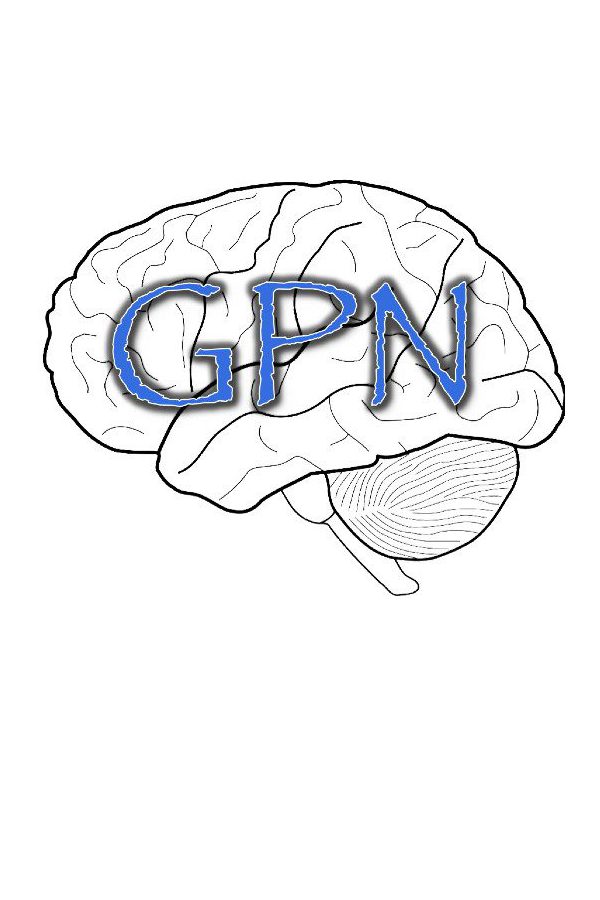Congratulations to Antonija Kolobaric on a successful dissertation defense!
Dementia, known as Major Neurocognitive Disorder (MNCD), affects over 50 million people, causing memory loss and communication challenges. Late Life Depression (LLD) worsens these symptoms, putting a heavy burden on society and healthcare. Effective treatments for MNCD and LLD are limited, and efforts focus on understanding the relationship between clinical symptoms and neural networks, as well as exploring the gut-brain axis.
The first chapter of Antonjia’s dissertation investigates the intricate connection between gut microbiota, brain function, cognitive abilities, and depressive symptoms in those with Mild Cognitive Impairment (MCI) or MNCD, aiming to offer insights and interventions for individuals facing these conditions and reduce their impact on society.
Chapter 2 of the dissertation looks at how the variety of microorganisms in the gut (gut microbiome diversity) is connected to how well we think (cognitive function) and our feelings of sadness (depressive symptoms). It specifically checks if the richness and evenness of the gut microbiota, known as alpha diversity, have anything to do with our thinking ability or mood. This chapter also explores if feeling sad and how well we think work together to affect alpha diversity.
In Chapters 3 and 4, these sections aim to uncover the connections between brain functional connectivity, cognitive function, depressive symptoms, and alpha diversity. Chapter 3 specifically explores which features of the brain’s resting state are most strongly linked to cognitive function or depressive symptoms. In Chapter 4, the investigation extends to whether specific features of brain functional connectivity partially mediate the relationship between alpha diversity, cognitive function, and depressive symptoms.
In conclusion, this dissertation presents a thorough exploration of the microbiota-gut-brain axis and its implications for cognitive function and depressive symptoms in older adults. The findings have the potential to provide valuable insights and innovative interventions for individuals dealing with these conditions, ultimately reducing the societal burden of MNCD and related disorders.


































































